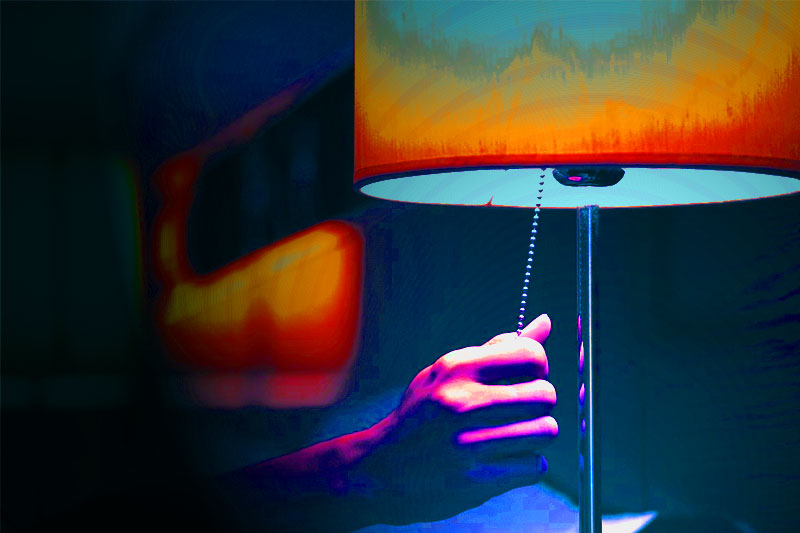Some people with advanced type 2 diabetes may benefit from sleeping with the lights on, according to researchers at Cardiff University in England.
Nighttime lighting can help prevent the onset of diabetic retinopathy, a condition which can result in severe visual impairment in diabetic patients, according to the report published in The Lancet.

Diabetics often have impaired blood capillary function, which reduces oxygen getting to body tissue, including the retina. Researchers have speculated that retinal damage linked to diabetes may be caused by oxygen deprivation to the inner layers of the retina during times of darkness because the rod receptors that are responsible for night vision have the highest demand for oxygen of any cell in the body at low levels of lighting. Tests using electrical stimulation have shown that the activity in the inner retinal cells is reduced in patients with diabetes.
Researchers looked at seven adults type 2 diabetes patients who had no apparent retinopathy and compared them with a group of eight healthy controls. Activity in the retinal tissue was reduced after being in the dark but was increased after the patients were given oxygen to inhale. The control group did not exhibit these changes.
“Since light transmission through closed lids is adequate to suppress dark adaptation, our findings strengthen the suggestion that diabetic patients might benefit from a modified cycle of nighttime illumination during sleep, to reduce oxygen consumption in the retina,” concluded Neville Drasdo, co-author of the study.


